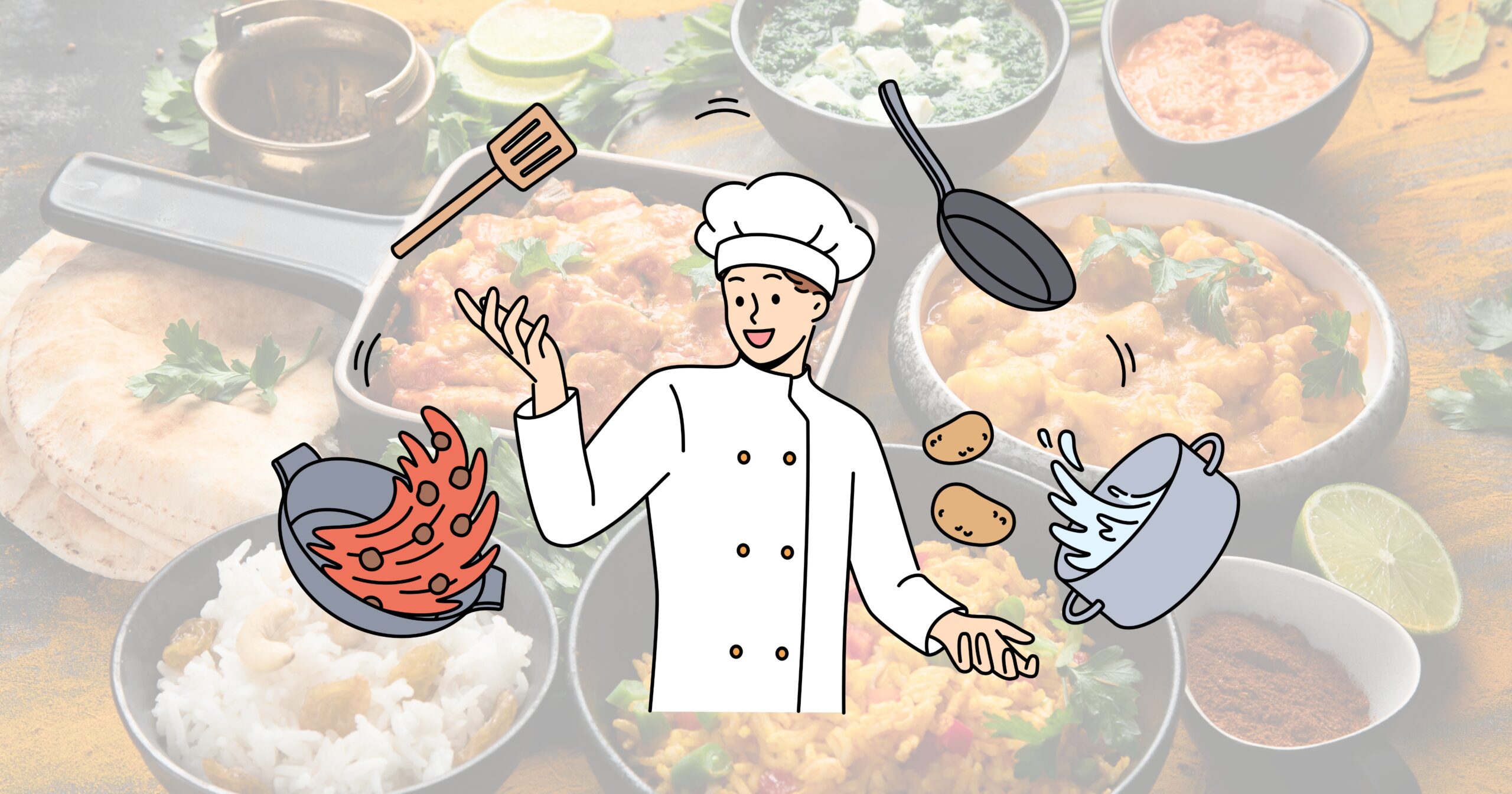The food industry in India is one of the most regulated sectors, ensuring food safety and public health. Whether you are running a small cloud kitchen, a restaurant, or an online food delivery service, obtaining a food license is crucial for operating legally. This blog will guide you through everything you need to know about getting a food license in India, its importance, types, and the process of application.
What is a Food License?
A food license is a legal document issued by the Food Safety and Standards Authority of India (FSSAI) that certifies a business’s compliance with food safety regulations. It is mandatory for any entity involved in the manufacture, distribution, storage, transportation, or sale of food products. The FSSAI license ensures that the food you serve is safe for public consumption, aligning with the standards outlined under the Food Safety and Standards Act, 2006.
Why is a Food License Important?
Legal Compliance: Obtaining a food license ensures that your business operates under the law. Failure to comply can result in heavy fines and even the closure of your business.
Consumer Confidence: Having an FSSAI license gives your customers confidence in the quality and safety of the food you serve. It builds trust and enhances your business’s credibility.
Brand Protection: A licensed food business is protected from legal actions related to food safety issues, ensuring smooth operations and enhancing your brand’s reputation.
Expansion Opportunities: With a valid food license, expanding your food business becomes easier, especially when entering partnerships or getting listed on online food delivery platforms like Zomato or Swiggy.
Types of Food Licenses
There are three types of food licenses issued by FSSAI depending on the scale and nature of your business:
- Basic Registration: This is for small food businesses with an annual turnover of up to ₹12 lakhs. Home-based food businesses, small food stalls, or petty retailers usually need this registration.
- State License: Food businesses with a turnover between ₹12 lakhs and ₹20 crores, such as medium-sized manufacturers, storage units, transporters, and retailers, need this license. The state authorities issue it.
- Central License: Large-scale food businesses with a turnover of over ₹20 crores, or those involved in food import-export or working with government authorities, must apply for this. It is issued by the Central FSSAI authority.
Who Needs a Food License?
Any business involved in the food supply chain is required to get an FSSAI license, including:
- Food manufacturers
- Caterers
- Food retailers
- Food importers/exporters
- Storage units or warehouses
- Cloud kitchens
- Wholesalers
- Food distributors
How to Apply for a Food License in India
Step 1: Determine the Type of License
Identify whether your business requires a Basic Registration, State License, or Central License based on your annual turnover and business operations.
Step 2: Register on the FSSAI Website
Visit the FSSAI online registration portal, sign up, and create a new account.
Step 3: Complete the Application
Fill out the application form corresponding to the type of license you need. The details include your business name, address, type of food business, and other operational information.
Step 4: Submit Required Documents
Attach the necessary documents, which typically include:
- ID proof and address proof of the business owner
- Proof of business premises (like a rental agreement or electricity bill)
- Food safety management system plan
- NOC from the local municipality
- Supporting documents for turnover and business type
Step 5: Fee Payment
Pay the requisite fee online based on the type of license you are applying for.
Step 6: Inspection and Approval
Once the application is submitted, the FSSAI authority may conduct an inspection of your business premises. Upon a successful inspection, your food license will be approved and issued.
Validity and Renewal of the Food License
A food license is valid for a period ranging from 1 to 5 years, depending on your selection during the application. To avoid penalties, it is crucial to renew your license before it expires. The renewal process is straightforward and can be done online through the FSSAI portal.
Penalties for Operating Without a Food License
Operating a food business without an FSSAI license can result in:
- A penalty of up to ₹5 lakh
- Imprisonment up to 6 months
- Closure of the business until compliance is met
Ensuring that your food license is up to date is essential to avoid such penalties and maintain the trust of your customers.
Conclusion
Obtaining an FSSAI food license is not just a legal formality but a vital step towards ensuring the safety and quality of food in India. Whether you’re starting a small home-based food venture or scaling up a large food chain, securing the appropriate food license can pave the way for smoother business operations and consumer trust. Stay compliant, follow the regulations, and grow your food business with confidence.
For any assistance with the FSSAI food license application process, feel free to reach out to Legal Filing Services, where we offer end-to-end solutions for all your food licensing needs.
